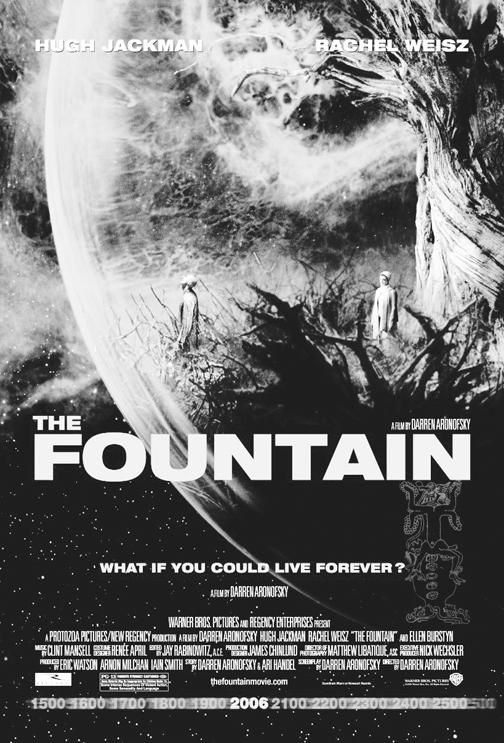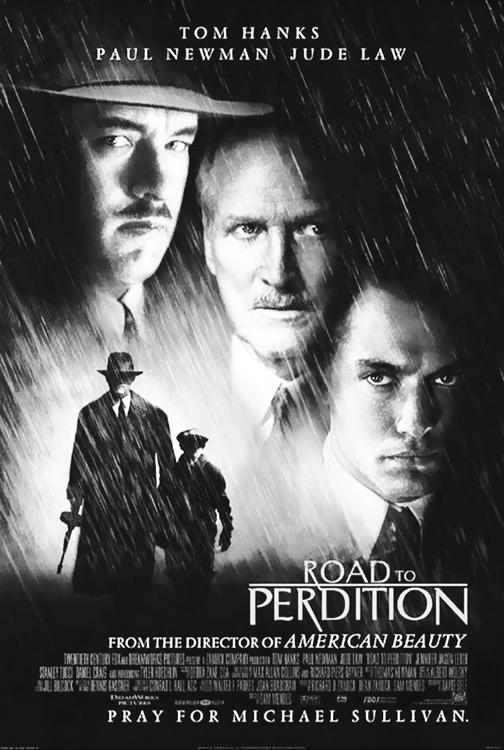Music makes movies. So, why don’t any of you know the names Clint Mansell, Howard Shore, James Newton Howard, Hans Zimmer, or Nicholas Hooper? Composers like these masterfully create scores, not to be noticed, but to flavor any given scene. Without the ever-present, always-unnoticed ambiance created by these original scores, movies we have grown to love would not be the same.
There is a reason that people still listen to classical music even though the composers and the scores are centuries old. They are moving without words. Why don’t people listen to soundtracks? It doesn’t make any sense.
It is the music itself, not what we see on screen, that often draws out our emotional responses. In fact, these compositions are the closest any art form comes to accurately expressing emotion – language often falls short, and visual art is entirely subjective. But, if you listen to a moving soundtrack and walk down the street, your perception is corrupted by that emotion.
For an example of the emotions these songs draw out of us, listen to Thomas Newman’s masterpiece “The Road to Perdition” from the film of the same name. The songs draw upon raw, intense feelings that will undoubtedly move you.
However, just because the movie is over doesn’t mean the music has to be. You see, these emotionally driven compositions are a musical genre just like any other; they can stand alone. You don’t need to see “The Village” to appreciate its moving violin soliloquies or mounting crescendos.
Often the movie should be skipped altogether. “The Fountain” is a perfect example of a movie that is totally lame but whose soundtrack makes it bearable. Want to know why you’ve never seen the movie? It’s because it really isn’t that good. But there is no reason why you shouldn’t have heard its soundtrack.
Something interesting you also may not know is how popular some songs are without your being aware of their popularity. For example, Clint Mansell’s “Lux Auterna” was originally written for “Requiem for a Dream” but is often replayed elsewhere. It is a popular choice for YouTube videos – it’s been used multiple times in remixes of the movie “300,” for example.
You may be under the impression that you do indeed listen to soundtracks. If you think “Garden State,” “Juno,” and “500 Days of Summer” are soundtracks, they aren’t. These CDs are an array of songs from different artists put together, and are actually compilation albums. While these can be filled with quality music, they are not true soundtracks. Soundtracks are original works, not a collection.
We recommend the following soundtracks: “The Curious Case of Benjamin Button” by Alexandre Desplat, “Harry Potter and the Order of the Phoenix” by Nicholas Hooper, “The Fountain” by Clint Mansell, “Batman Begins” by Hans Zimmer and “Pan’s Labyrinth” by Javier Navarette. While all of the aforementioned movies are worth your viewing time, give one of their soundtracks a chance, too. You may be pleasantly surprised or changed forever by the beauty you find within their songs.


